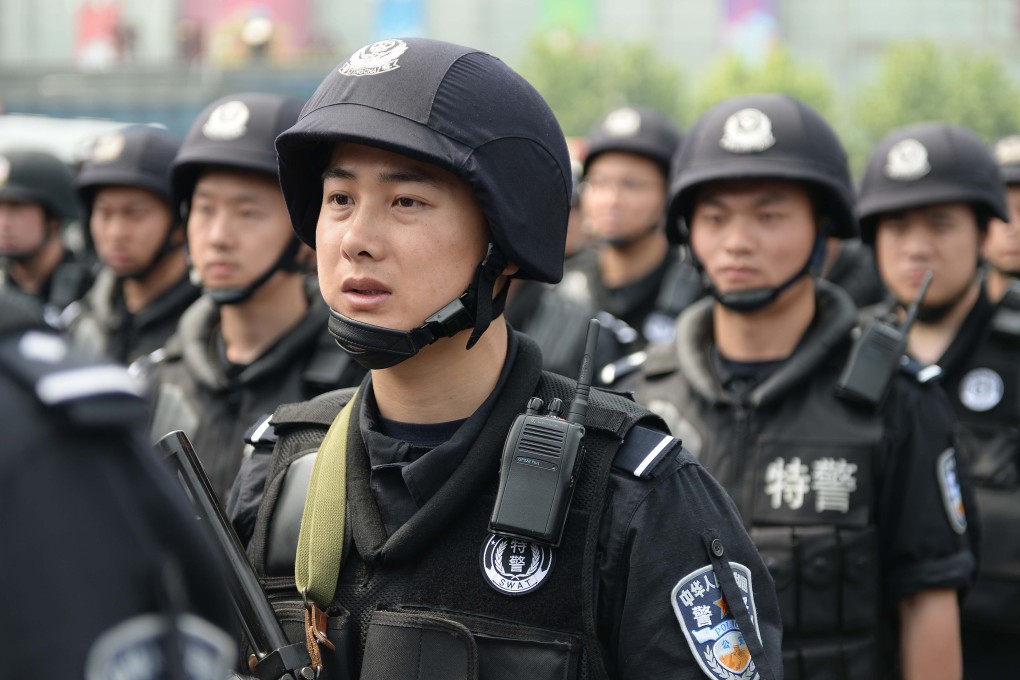China's national security blue paper a worrying throwback to the cold war
Lanxin Xiang says warning of an ideological battle with the West does not befit aspiring great state

China has just published its first national security blue book. Although official media labelled it "the most authoritative" report on national security since the establishment of the super-secretive National Security Committee, it presents such a panicky psychology that one has to wonder who wrote it. The fact that the authors are from the University of International Relations, a well-known training ground for Chinese civilian intelligence officers, but not from the new security commission itself, may provide a degree of comfort.
The blue book defines four major national security threats: Western democratic values, Western cultural hegemony, information inflows through cyberspace and the foreign media, and underground religious activities.
It is terrible to see that each of the four is linked to ideological challenges rather than national security grand strategies. This is a surprising demonstration of a lack of self-confidence, a far cry from the Chinese leadership's declaration of building a "great state" to pursue a "new type of great power relations" on the world stage.
The report has done enormous damage to China's international image. More seriously, it has exposed how backward and lacking in innovation its national security thinking is in the 21st century.
Sycophants disguised as academics are launching an ideological battle against the West, but so far it has been ineffective, because the language it uses, the logic it relies on and the solution it proposes are out of sync with reality - not just expectations from the outside world, but also popular sentiment at home.
Beijing has long accused Western powers of maintaining a "cold war mentality" in dealing with China, but reports like this could have come straight from the politburos of any tottering communist regime during the cold war.